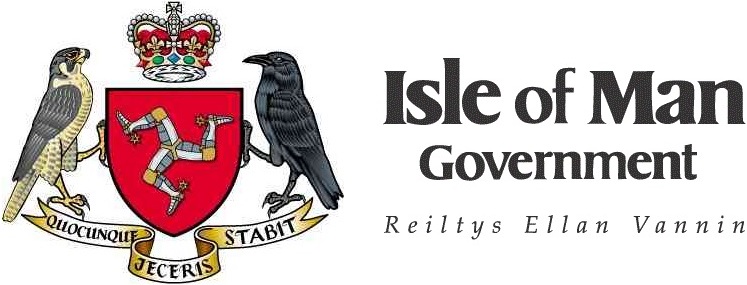Establishment of a Regulatory Authority
Overview
The Programme for Government, developed in 2016, included an action for the Cabinet Office to “Produce a report on our regulatory framework which explores options for better regulation”.
In 2016, Government initiated the establishment of a Regulatory Hub, the first step along the road to a single regulatory authority and more effective regulation.
Effective regulation has an essential role to play in both economic and democratic life; businesses appreciate effective and proportionate regulation and the public expect regulators to be free from the influence of politicians as an integral feature of a mature democracy.
However, in a relatively small jurisdiction, the cost of establishing all regulators as independent bodies could be considerable, so it is often more cost effective to either leave them within the relevant Departments with efforts taken to minimise the scope for conflict of interest, or as the accompanying report (which can be found Appendix A - link found at the bottom of this page) proposes, to bring a wide range of regulators together into a single regulatory body.
The purpose of this consultation is to seek the views of the public and relevant stakeholders regarding the degree of concern about actual (rather than perceived) conflict of interest and hence the options to address those concerns.
Why your views matter
There are two main areas where conflict of interest could occur and that the Report seeks to offer solutions for.
Regulators located within a Department
The first is the inherent scope for conflict of interest in a Departmental system of government where both policy-making and enforcement arms often sit within the same Department. In these situations, the Department is responsible for proposing the relevant Policy and Legislation which governs the regulatory approach, whilst they are also responsible for undertaking the regulation and any associated enforcement.
In the event of change in the sector, the Regulatory team will work with the rest of the Department to agree new Policy and seek necessary changes in Legislation, to allow the changes to be addressed. This means the Regulatory team are likely to be in direct discussion with the Minister of the Department in seeing to agree new Policy and there is a risk that the approach to an individual case is agreed uniquely. This risks variation and inconsistency of approach, though if Policies are agreed to address all cases and the individual cases are not discussed, this risk of inconsistency can be minimised.
An example of this would be the Environmental Health Team, which is located with the Department of Environment, Food and Agriculture.
Regulators Independent of Government
The second area specifically applies to scope for operational conflicts between existing independent regulatory bodies and their sponsoring Departments. In these situations, the Department is responsible for the Policy and Legislation, which the independent regulator then enforces.
In the event of change to regulatory requirements in the sector, the Regulator would need to seek the views of the sponsoring Department regarding how to regulate the new situation and the Department would need to set appropriate Policy to enable the Regulator to address the new situation. This could take longer to address the change, though prevents direct Political involvement in addressing individual cases which the Regulator is involved in.
An example of this situation would be the Road Transport Licensing Committee, for whom the Department of Infrastructure is the sponsoring Department.
Areas
- All Areas
Audiences
- All residents
- Black & minority ethnic
- Business owner
- Children & young people
- Civil and public servants
- Elected members - local government
- Elected members - MHKs
- Employees
- Homeowners
- Landlords
- Leaseholders/ landowners
- Lesbian, gay, transgender & bisexual
- Older people
- Other non-resident - business interests
- Parents, carers and & guardians
- People with disabilities or long term illness
- Retired
- Road users
- Self-employed
- Students
- Tenants
- Unemployed
- Visitors & tourists
- Volunteers
Interests
- Access to information
- Elections & voting
- Legislation
- Performance & statistics
- Policies, strategies & plans

Share
Share on Twitter Share on Facebook